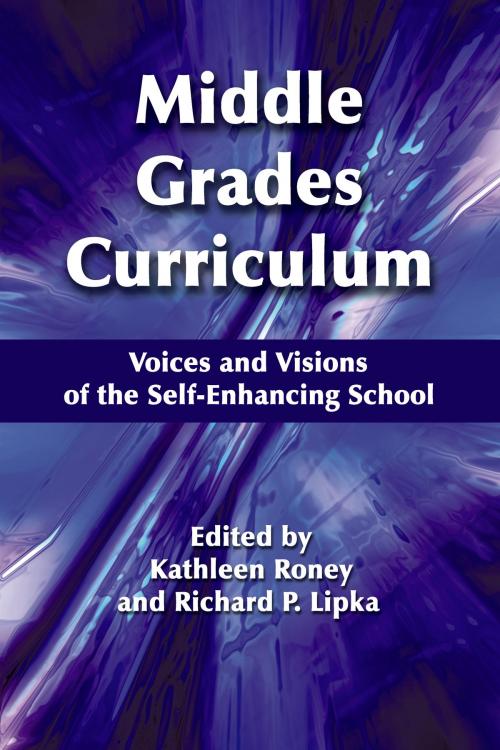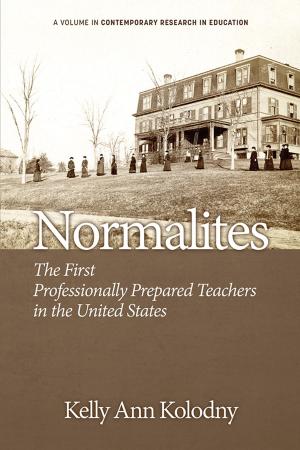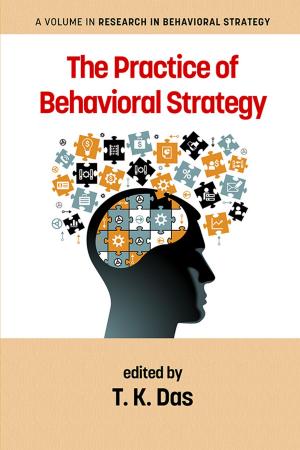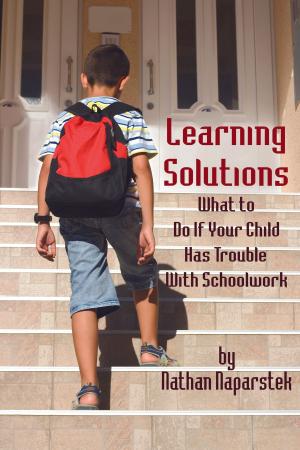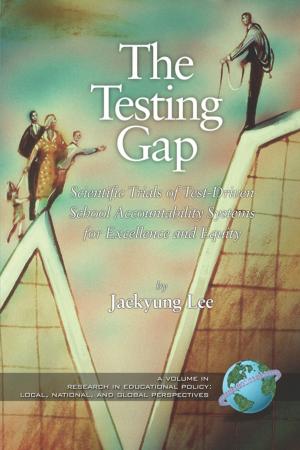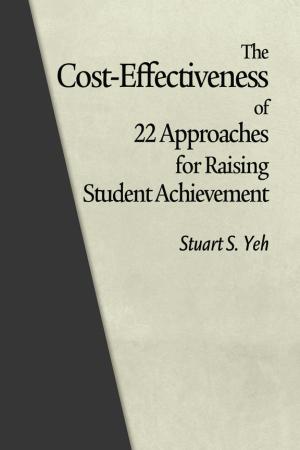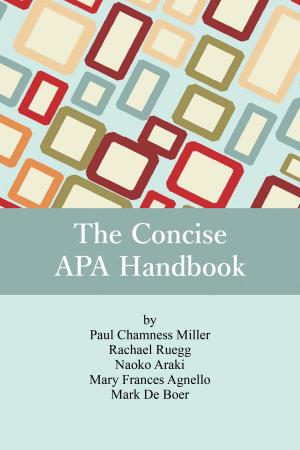Middle Grades Curriculum
Voices and Visions of the SelfEnhancing School
Nonfiction, Reference & Language, Education & Teaching, Secondary Education, Higher Education| Author: | ISBN: | 9781623962296 | |
| Publisher: | Information Age Publishing | Publication: | May 1, 2013 |
| Imprint: | Information Age Publishing | Language: | English |
| Author: | |
| ISBN: | 9781623962296 |
| Publisher: | Information Age Publishing |
| Publication: | May 1, 2013 |
| Imprint: | Information Age Publishing |
| Language: | English |
High stakes testing, standards, and accountability politics is taking us away from the importance of the affective domain in curriculum development. This critical learning domain is often an unrecognized and infrequently considered topic in the literature. Through this book we extend the current knowledge base by addressing a curriculum model developed in the 1980s. We add a 2012 knowledge base as we delineate the role of selfperceptions in schoolrelated learning, how middle level curriculum affects selfperceptions, and the type of curriculum planning which enhances selfperceptions and improves learning in the cognitive, affective, and psychomotor domains. The combination of sound psychological principles and practical teaching and curriculum suggestions with an empirical basis makes the book attractive to both higher education and local school professional libraries. In the former it will serve as the primary text in graduate and advanced undergraduate middle level education programs and practices courses. It might also be a primary text in courses or workshops in affective education or other experiences which emphasize affective, values, and selfconcept. It also has potential as a supplementary text in undergraduate educational psychology courses. At the inservice level this book could be used as a workshop resource or as a professional reference for middle level teachers, administrators, curriculum workers, and supervisors. Our interest in young adolescents and their school setting coincides with the fourth edition of This We Believe (NMSA, 2010). The selfenhancing school is characterized by “fromto” statements; for example, “from” avoiding parents “to” working with parents. Using theory and research we discuss the costs of staying in the “from” position and the benefits derived from moving to the “to” position. By combining educational psychology and curriculum development we make a unique contribution to middle grades curriculum developers.
High stakes testing, standards, and accountability politics is taking us away from the importance of the affective domain in curriculum development. This critical learning domain is often an unrecognized and infrequently considered topic in the literature. Through this book we extend the current knowledge base by addressing a curriculum model developed in the 1980s. We add a 2012 knowledge base as we delineate the role of selfperceptions in schoolrelated learning, how middle level curriculum affects selfperceptions, and the type of curriculum planning which enhances selfperceptions and improves learning in the cognitive, affective, and psychomotor domains. The combination of sound psychological principles and practical teaching and curriculum suggestions with an empirical basis makes the book attractive to both higher education and local school professional libraries. In the former it will serve as the primary text in graduate and advanced undergraduate middle level education programs and practices courses. It might also be a primary text in courses or workshops in affective education or other experiences which emphasize affective, values, and selfconcept. It also has potential as a supplementary text in undergraduate educational psychology courses. At the inservice level this book could be used as a workshop resource or as a professional reference for middle level teachers, administrators, curriculum workers, and supervisors. Our interest in young adolescents and their school setting coincides with the fourth edition of This We Believe (NMSA, 2010). The selfenhancing school is characterized by “fromto” statements; for example, “from” avoiding parents “to” working with parents. Using theory and research we discuss the costs of staying in the “from” position and the benefits derived from moving to the “to” position. By combining educational psychology and curriculum development we make a unique contribution to middle grades curriculum developers.
